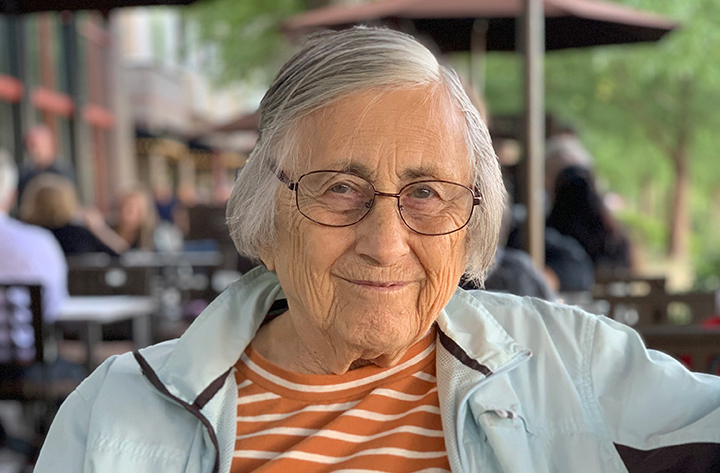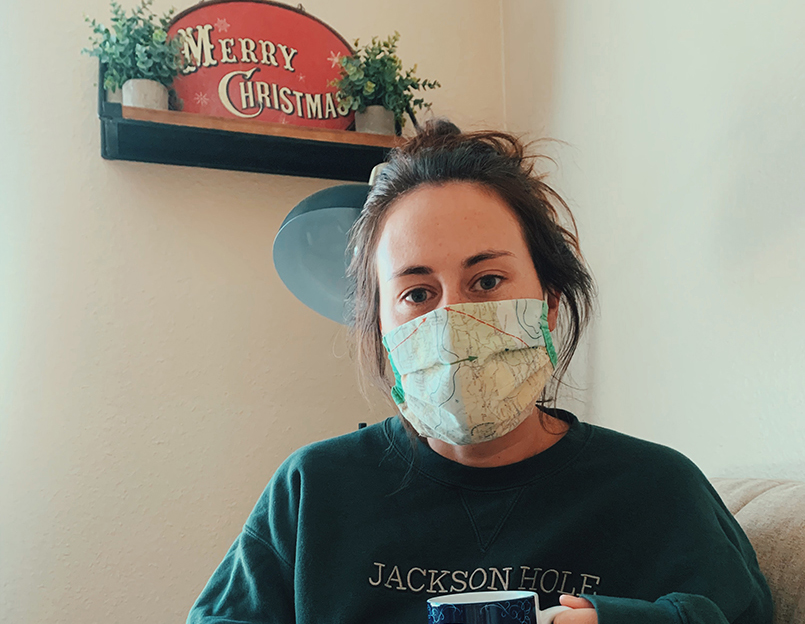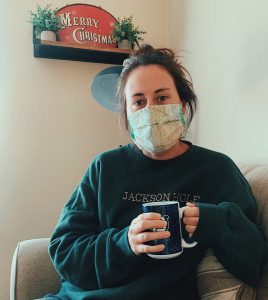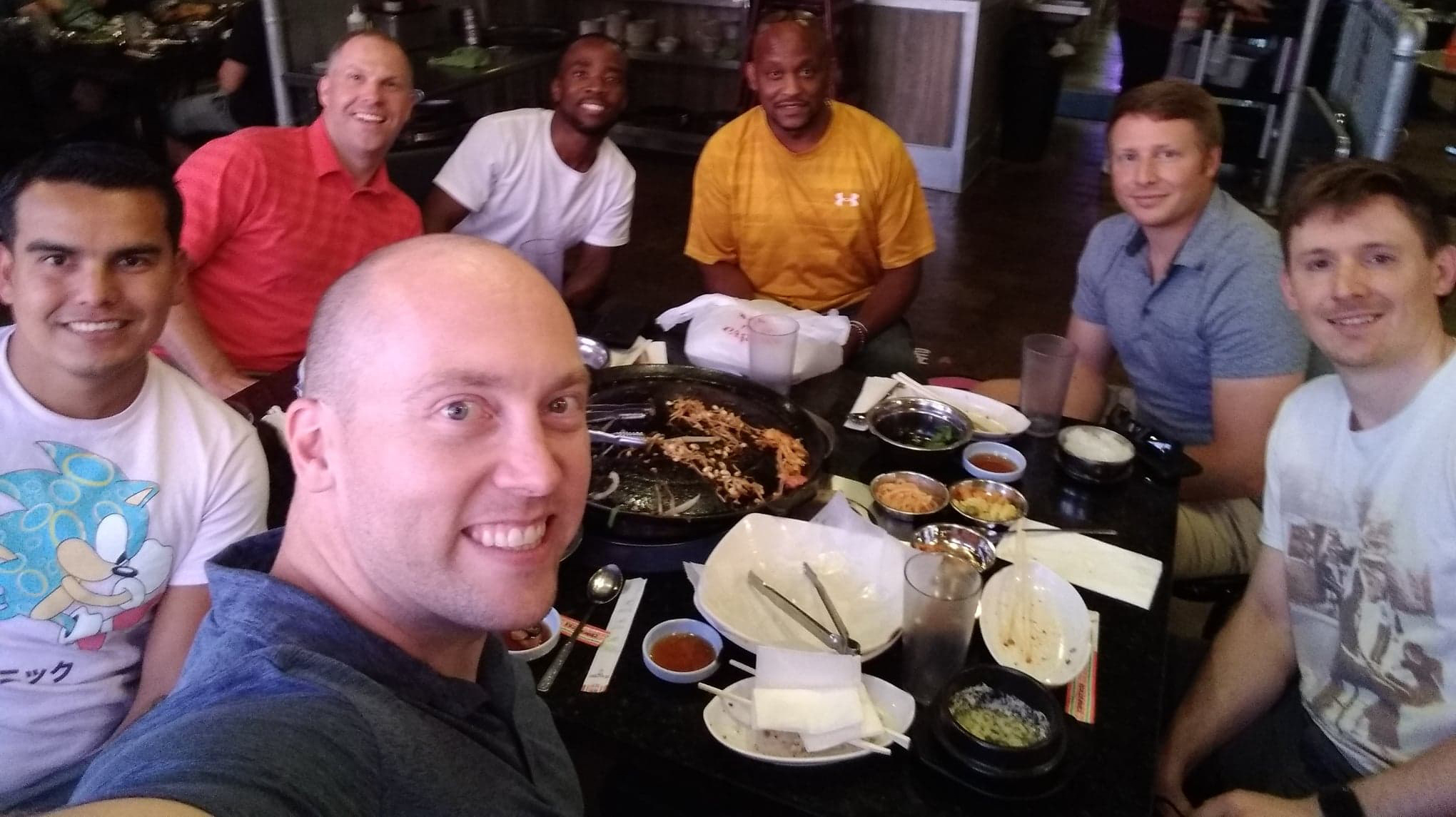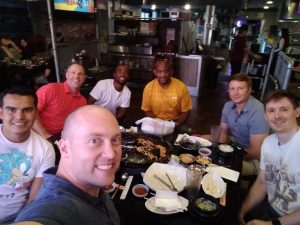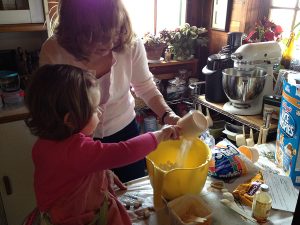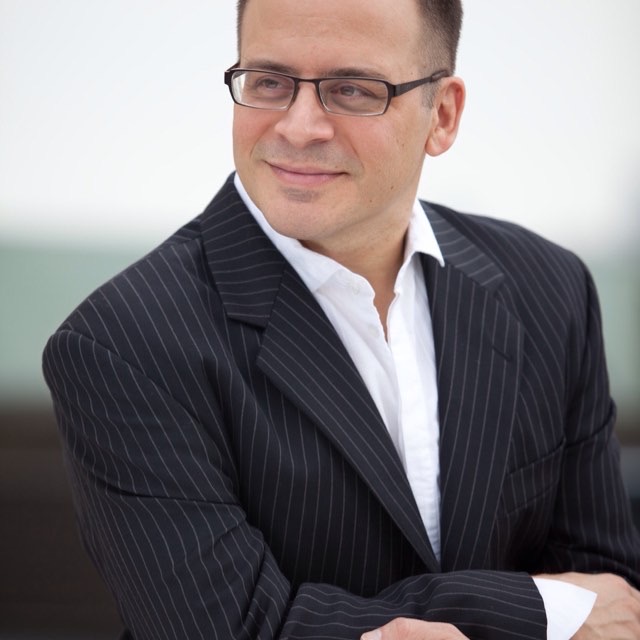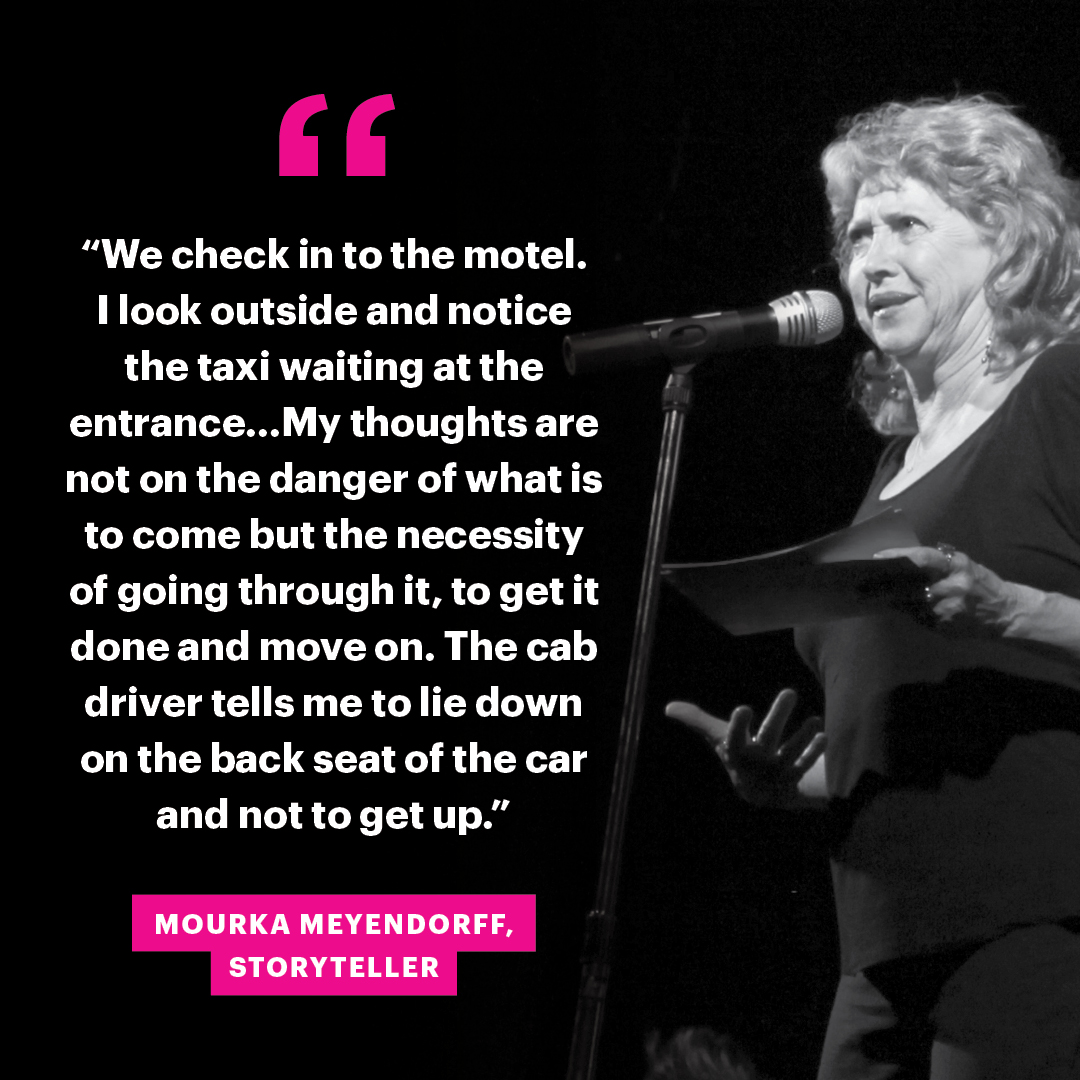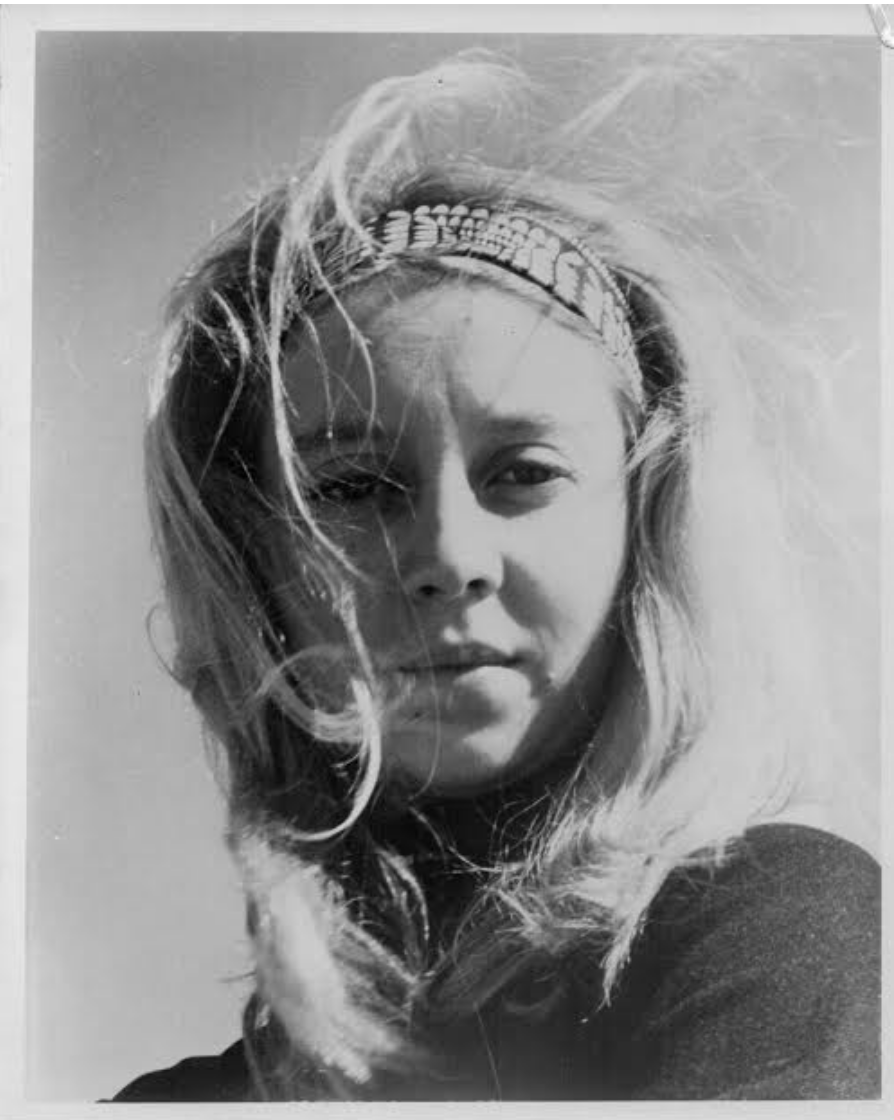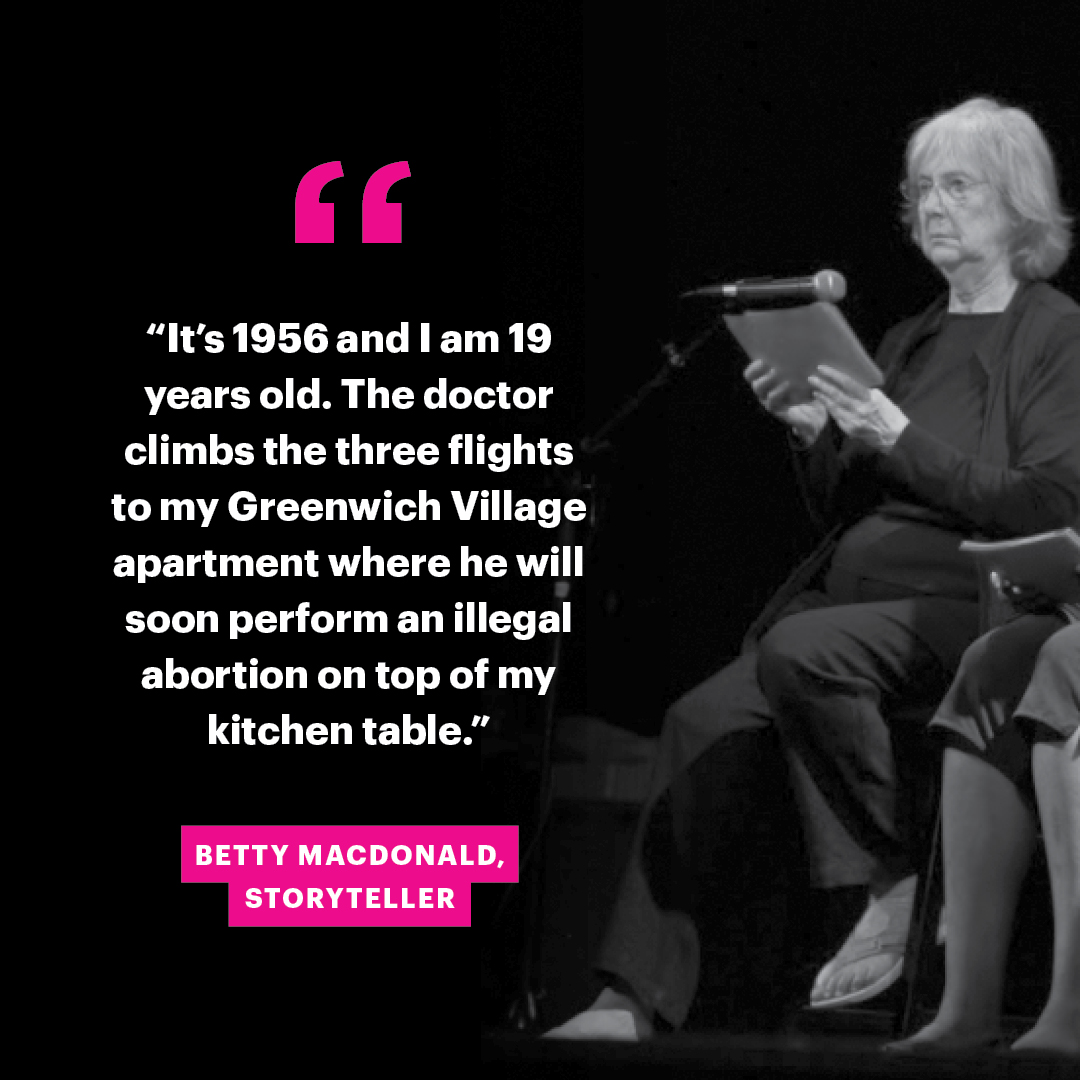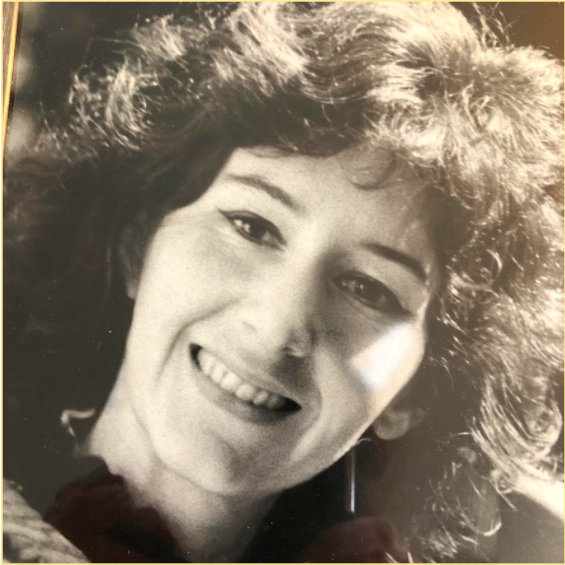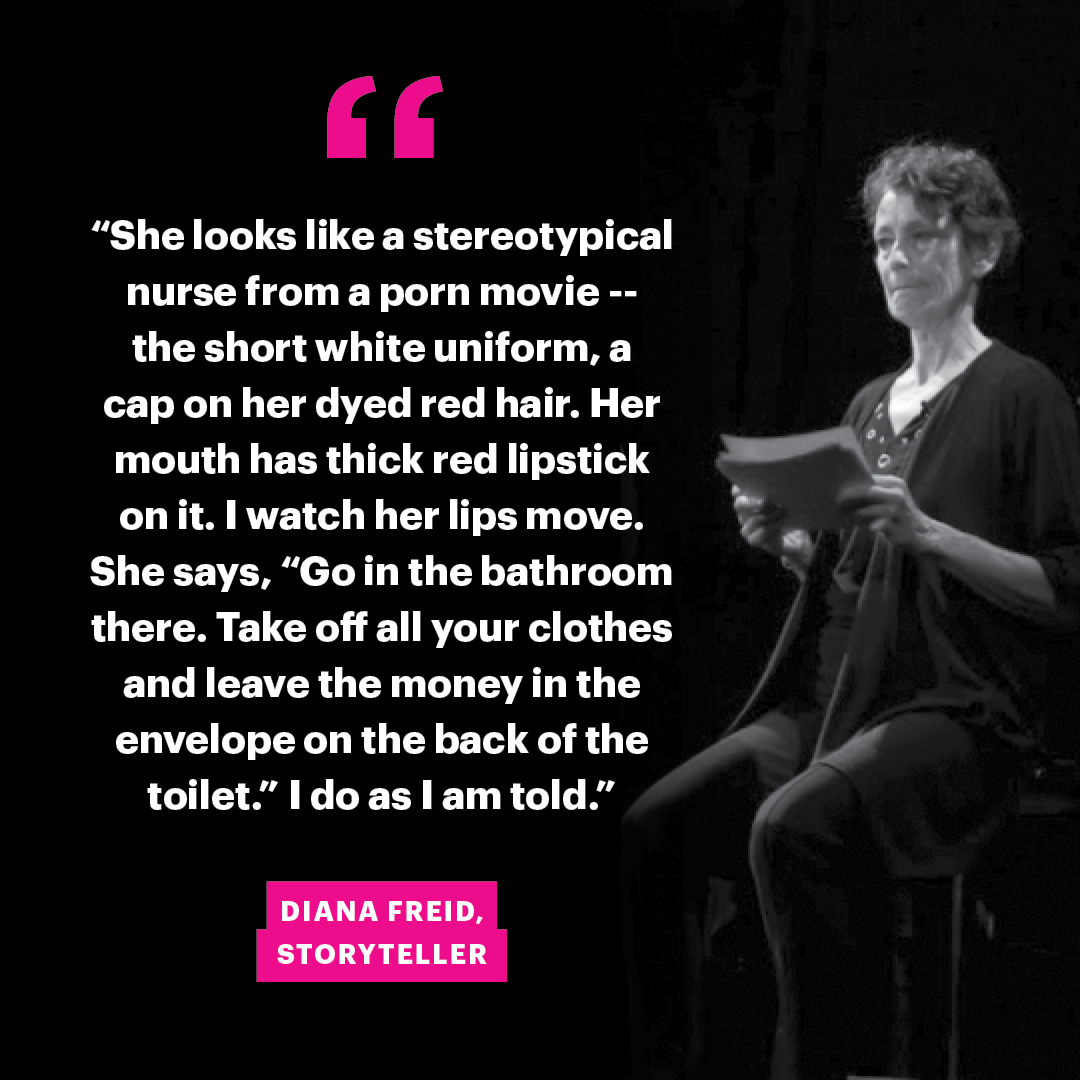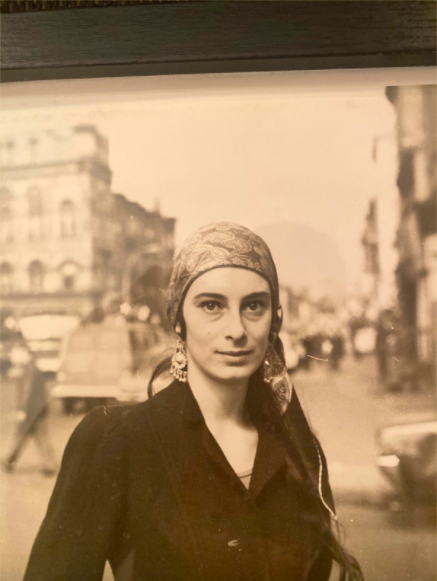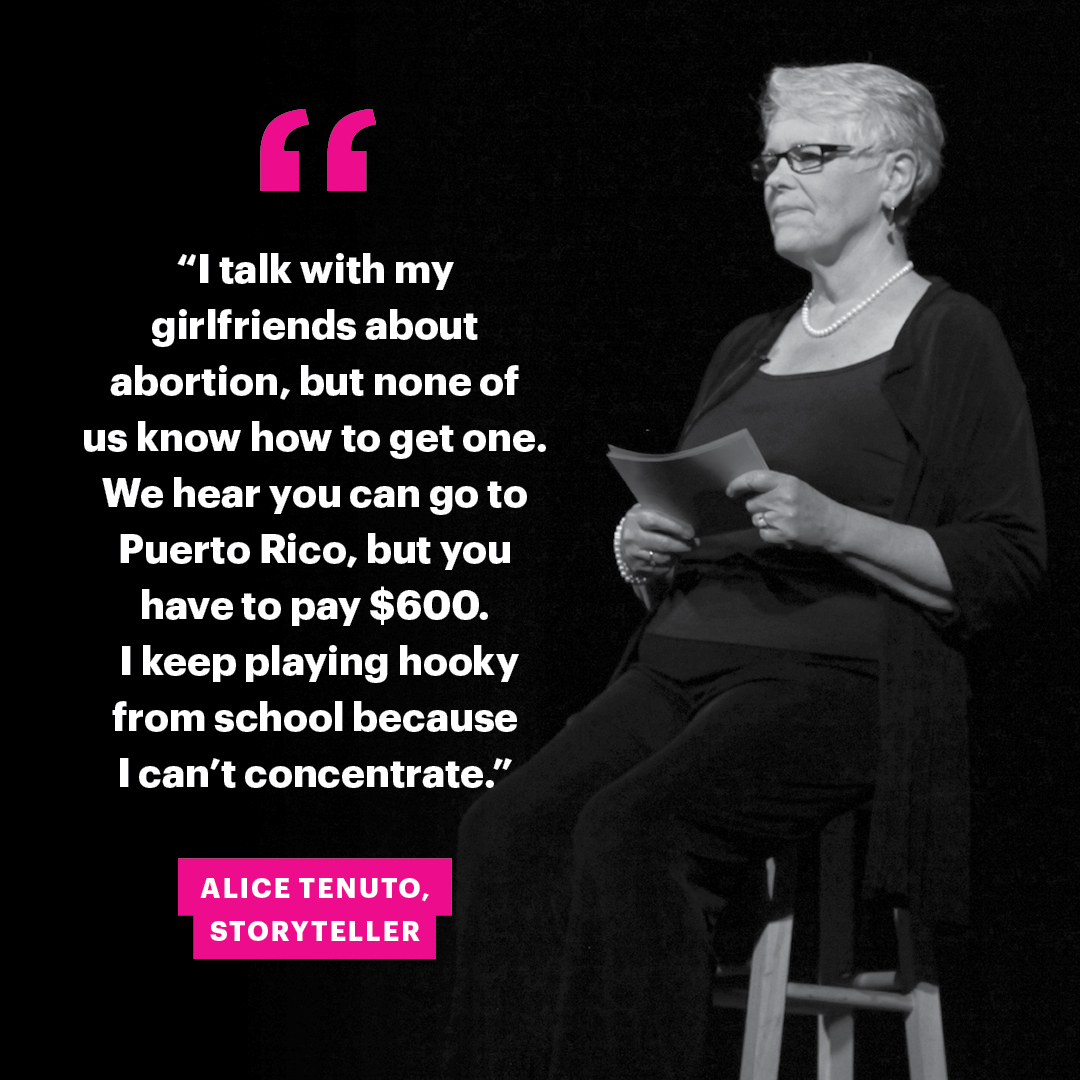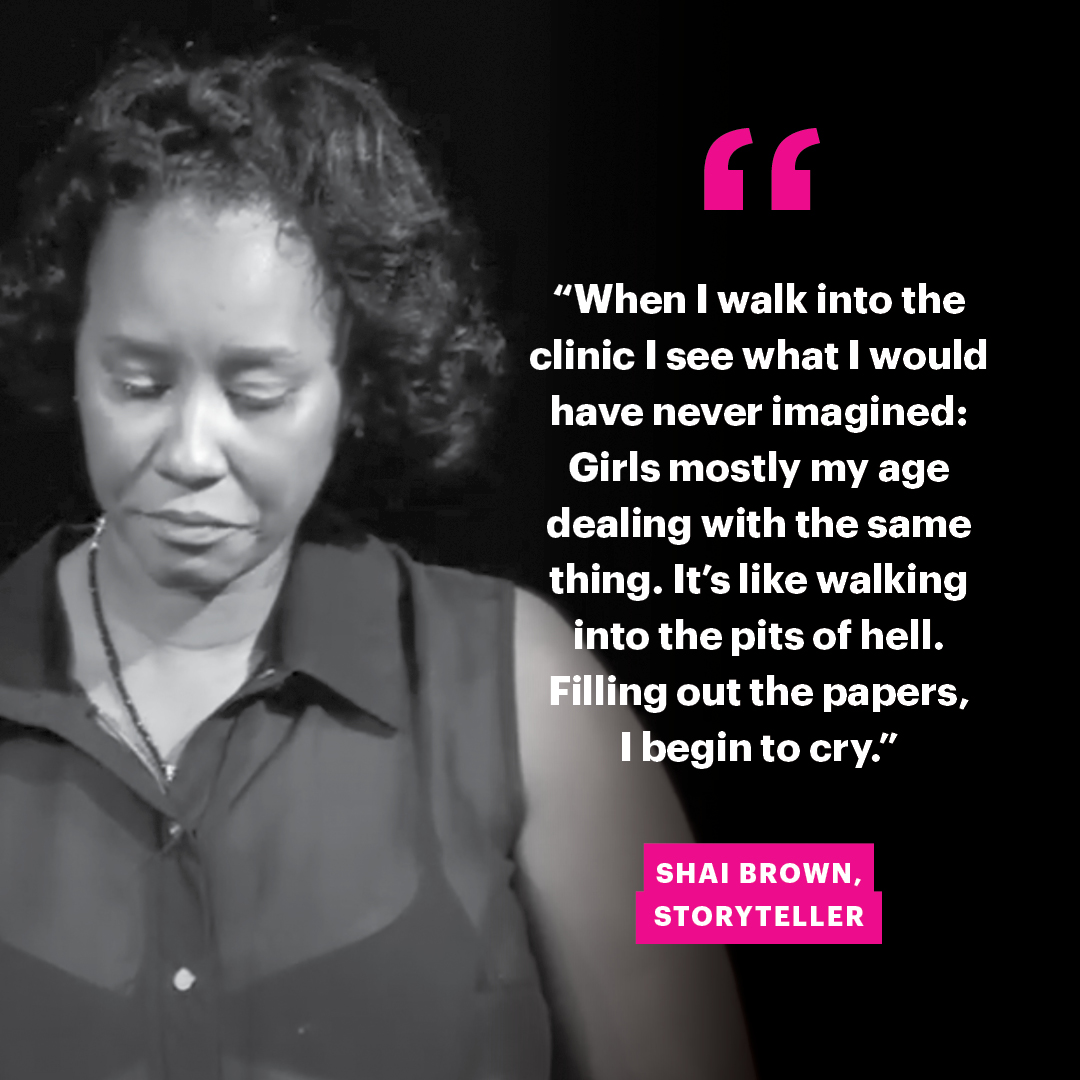Her hair, mostly a deep silver with streaks of peppercorn black, is pinned up with a blue rhinestone hair clip. My grandma glides out of the nursing home with a wicker basket and iPad in tow. I have come to expect this type of anachronism from her. Born in 1929, the year the stock market crashed at the beginning of the Great Depression, she was raised on a Mennonite farm in Iowa. The fifth of seven children, my Grammy Ida often told me, “that meant in the winters, I’d be on the outside of the bed and in the summers, on the inside.” She is ninety-one now, a far cry from the young, bold woman who drove a yellow VW bug around Europe after college. And yet, her spunk hasn’t diminished. On this day, in 2020, I have come to “jail break” her from the nursing home in Portland.
As I waited for her (mask on) outside the doors of the nursing home my mind traveled back over the last twenty-six years of memories. My Grammy Ida has always been my best friend. We bonded at a young age over a mutual love of toasted bread slathered in butter; “the butter gals” our extended family would call us. How could I forget the time, many years later, when she taught me to butterfly and stuff a guinea fowl with olive tapenade (the perfect first date meal, she claimed). I could never understand the logic of crushing the bones of a tiny, dead bird as a good first impression, but she insisted. When I moved away to North Carolina, I worried about her. My other grandparents died while I was away and Grammy Ida got older and older.
Four years ago I moved back to Washington which didn’t please her, “why not Portland?” she’d always ask me. But it was close enough to take the bus on weekends to visit. We had become regulars at the Great Clips, the Costco, and the local pizza parlor. Then a year ago “it” happened. At ten am I had boarded a bus back to Seattle and at six pm I got the call from my Aunt, “Grammy Ida is having a stroke.” For weeks she couldn’t sit up and her words were a jumble of misnomers and misspeaks. I worried. I visited. I waited. My Grammy Ida was the first in her family to go to college. She raised four children as a single parent while working as a substitute teacher and tax accountant. She nurtured the family pets: a monkey, two parrots, countless dauchunds, a duck, and a one eyed tomcat named Sugar. She was tough as nails.
Now, a year later as I watch her walk out of the nursing home, I consider it to be a small miracle, but not an unexpected one. I greet her with a hug (which admittedly, may not be COVID-smart) and guide her into the passenger seat of the car. “Hey Grammy,” I say, loudly so her hearing aids can pick up the words. For the past few months, she’s been confined to her small room which is wise from a health standpoint but painful to a ninety-one year-old whose greatest joy in life is visitors. But today, on her birthday, I’m here to take her back to the house she lived in for fifty-three years in Portland for banana cake (her favorite) and steaks.
There is so much pain and uncertainty in the world today. Grammy Ida as lived through her fair share of pain and uncertainty: the Great Depression, World War II, Vietnam, and now, COVID. On a bad day recently she asked me, “is Germany still in two parts or one?” “It’s one Grammy” I told her, “and has been for a few years now.” She paused and thought for a moment, “that’s good to hear,” she told me “that’s good to hear…” I told my Aunt about this encounter later in the day and we both laughed. But my sister had a different reaction. “Katie,” she said to me “can you imagine how much has changed in Grammy’s lifetime?” she reminded me and as usual, she is right. COVID-19 will make it into the history books, that is for sure. And I imagine that historians will have much to say about its impact.
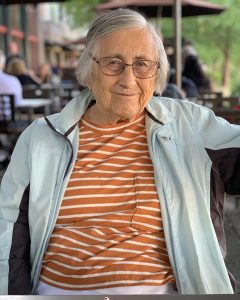 My Grammy Ida will not make the history books, but she should. These last few months I’ve temporary moved to Oregon where I can go visit her frequently and bring her homemade carrot cake and large oranges from the grocery store (which are always her favorite gift). Her life has not been easy, but it has long and full of many memories. A few years ago, on one visit to Portland, I drove us to a local donut shop. We pulled up in her old silver Toyota in our matching red sweatshirts and Adidas sneakers (to the amusement of everyone inside). I got a yeast glazed donut and she got a chocolate one. We drove to a small park by her house and ate the donuts on a bench by a pond with ducks drifting across the water. I don’t know how many years or months or days my Grammy Ida has left, but I will cram in as many memories as I can. And in a funny way, thanks to COVID, I already have. As I drive Grammy Ida back to the nursing home after her birthday party I give her a kiss on the top of her head and say, “bye best friend, I love you.” “Love you more,” she replies. “Not possible,” I retort.
My Grammy Ida will not make the history books, but she should. These last few months I’ve temporary moved to Oregon where I can go visit her frequently and bring her homemade carrot cake and large oranges from the grocery store (which are always her favorite gift). Her life has not been easy, but it has long and full of many memories. A few years ago, on one visit to Portland, I drove us to a local donut shop. We pulled up in her old silver Toyota in our matching red sweatshirts and Adidas sneakers (to the amusement of everyone inside). I got a yeast glazed donut and she got a chocolate one. We drove to a small park by her house and ate the donuts on a bench by a pond with ducks drifting across the water. I don’t know how many years or months or days my Grammy Ida has left, but I will cram in as many memories as I can. And in a funny way, thanks to COVID, I already have. As I drive Grammy Ida back to the nursing home after her birthday party I give her a kiss on the top of her head and say, “bye best friend, I love you.” “Love you more,” she replies. “Not possible,” I retort.

